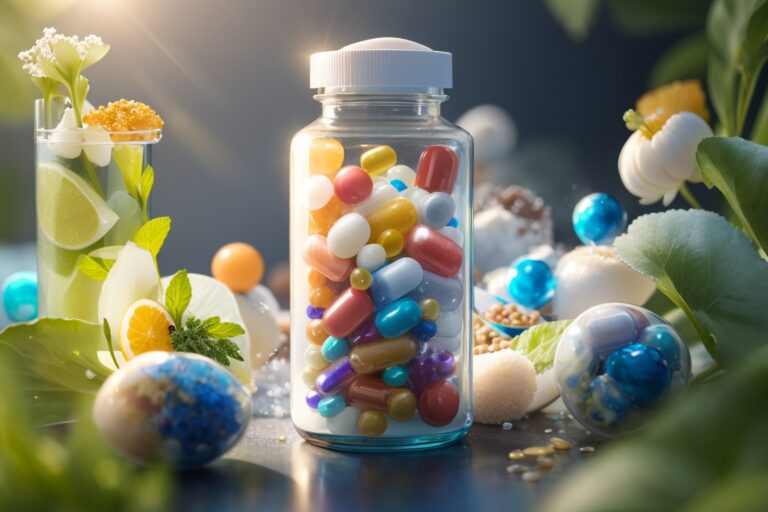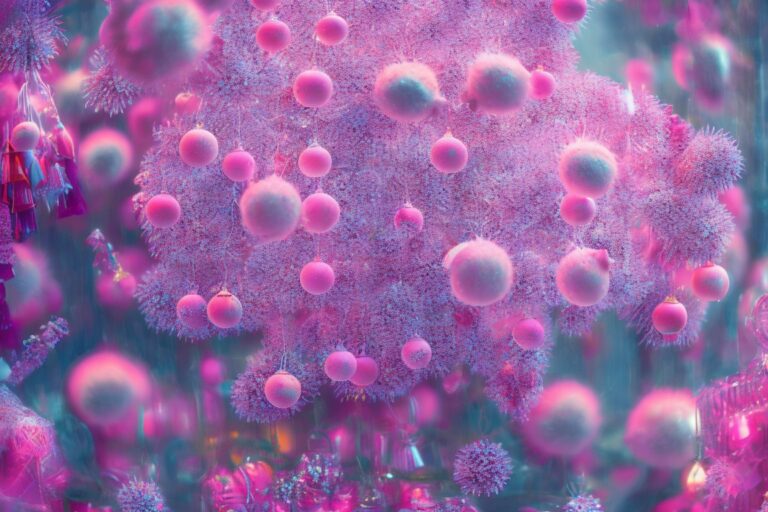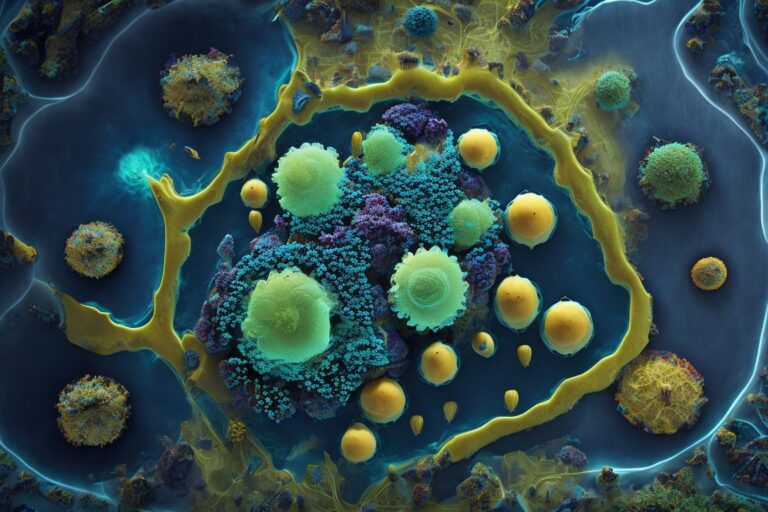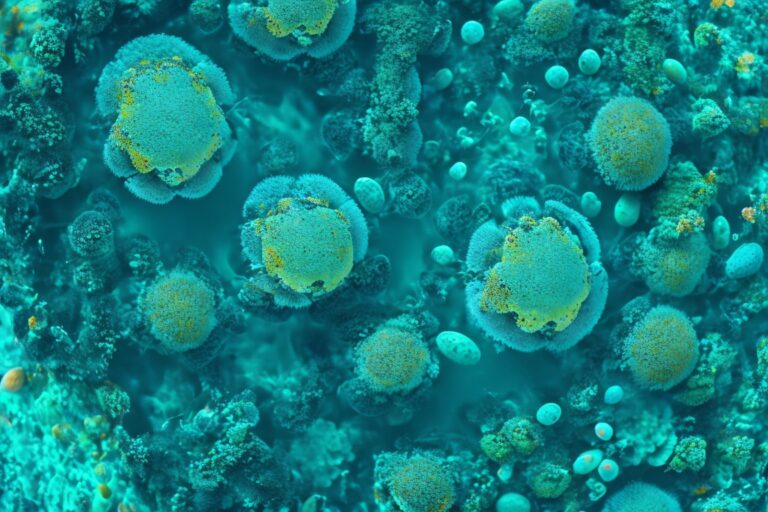The Dark Side of Heartburn Relief: Negative Long-Term Effects of Proton Pump Inhibitors
Proton Pump Inhibitors: The Dark Side of Heartburn Relief
Key Ideas:
- Heartburn affects about 48% of Americans monthly.
- Proton pump inhibitors (PPIs) are drugs commonly used to treat heartburn by reducing stomach acid.
- Prolonged use of PPIs can lead to negative side effects such as nutrient deficiencies, bacterial overgrowth, and increased risk of infections.
- PPIs can also disrupt the balance of the microbiome in the gut, leading to potential long-term health consequences.
- Natural alternatives to PPIs include lifestyle changes such as dietary modifications and stress reduction techniques.
The Dark Side of Heartburn Relief
Do you suffer from heartburn? If so, you’re not alone. But did you know that the medication you’re taking to relieve your heartburn could be causing more harm than good? Proton pump inhibitors (PPIs) are a class of drugs commonly used to treat heartburn by reducing the amount of stomach acid produced. While these drugs may provide short-term relief, they can have negative long-term consequences on your gut health.
PPIs work by blocking the proton pump in the stomach responsible for producing stomach acid. While this may seem like a good thing for those suffering from heartburn, it can cause a range of negative side effects. For example, research has found that prolonged use of PPIs can lead to nutrient deficiencies, such as magnesium and vitamin B12. PPIs can also disrupt the balance of bacteria in the gut, leading to overgrowth of harmful bacteria and increased risk of infections. Furthermore, the long-term use of PPIs has been linked to an increased risk of osteoporosis and bone fractures.
The Role of the Microbiome
In addition to the negative side effects mentioned above, PPIs can also disrupt the delicate balance of the microbiome in the gut. The microbiome is a collection of trillions of bacteria that live in our gut and play a critical role in our overall health. Disrupting the microbiome can have long-term consequences on our immune system, metabolism, and mental health. Long-term use of PPIs has been associated with increased risk of Clostridium difficile infections and pneumonia, two serious conditions linked to disruptions in the microbiome.
Exploring Natural Alternatives
Fortunately, there are natural alternatives to PPIs that can provide relief from heartburn without the negative side effects. Lifestyle changes, such as dietary modifications, stress reduction techniques, and weight loss, can help reduce the frequency and severity of heartburn. Herbal remedies like ginger and licorice root have also been shown to be effective in reducing heartburn symptoms.
FAQs:
- What are proton pump inhibitors and why are they used?
- What are the negative side effects of long-term use of PPIs?
- What are some natural alternatives to PPIs?
Proton pump inhibitors (PPIs) are a class of drugs commonly used to treat heartburn by reducing stomach acid. They work by blocking the proton pump in the stomach that is responsible for producing stomach acid.
Long-term use of PPIs can lead to nutrient deficiencies, bacterial overgrowth, increased risk of infections, and disruptions in the microbiome.
Lifestyle changes, such as dietary modifications, stress reduction techniques, and weight loss, can help reduce the frequency and severity of heartburn. Herbal remedies like ginger and licorice root have also been shown to be effective in reducing heartburn symptoms.
Bottom Line:
While PPIs may provide short-term relief for heartburn, their negative long-term consequences on gut health and the microbiome cannot be ignored. Natural alternatives like lifestyle changes and herbal remedies should be considered first to provide relief from heartburn without exposing yourself to potential health risks down the line.
This article is based on another article: Original article link





